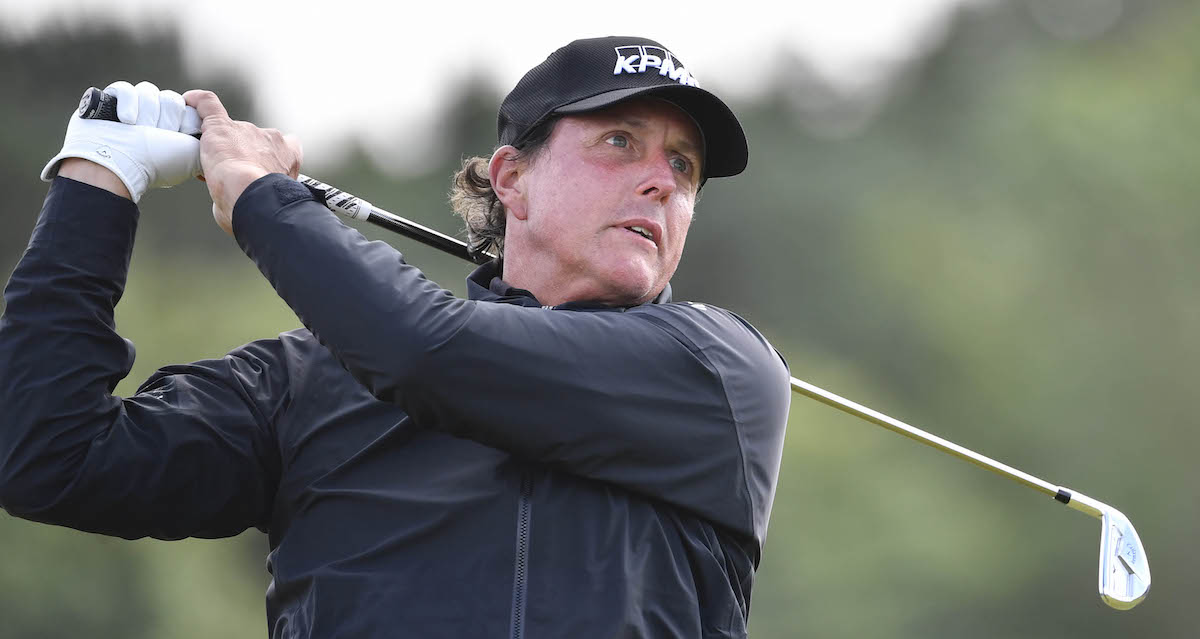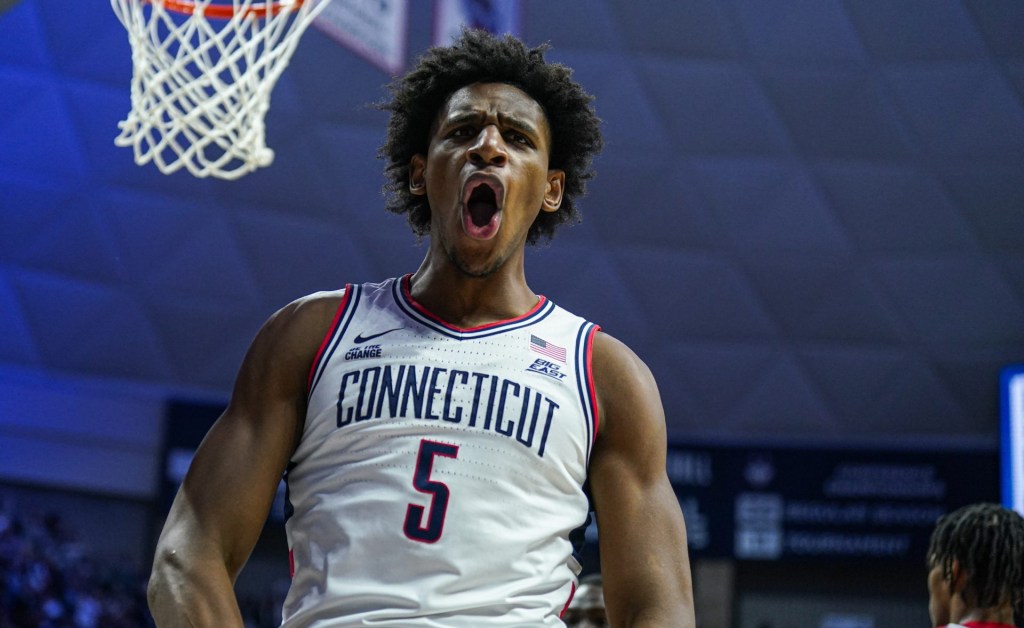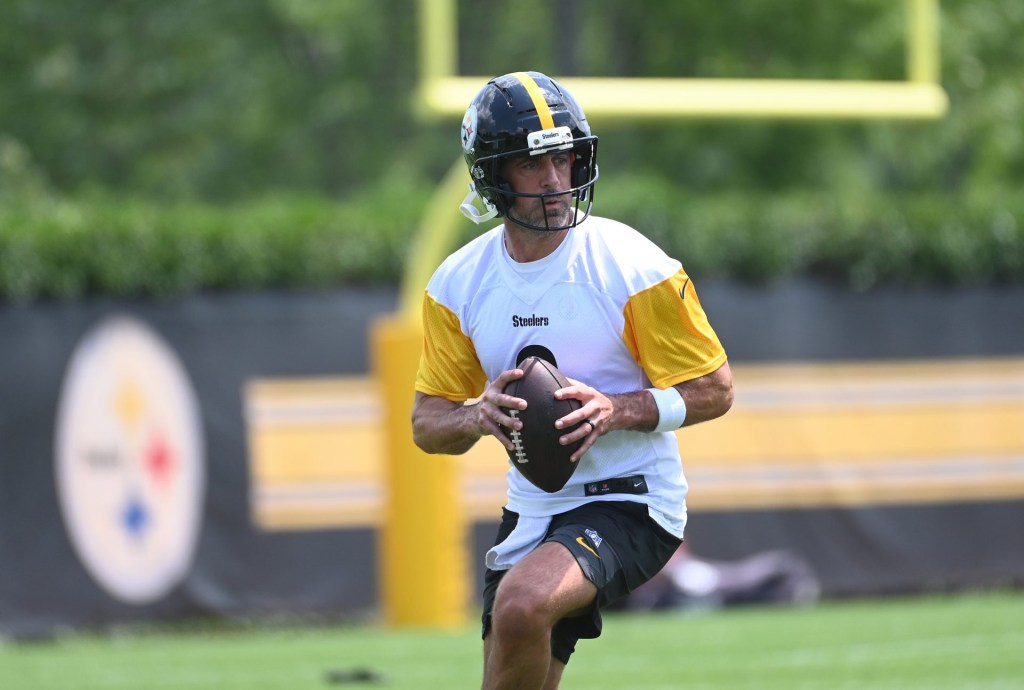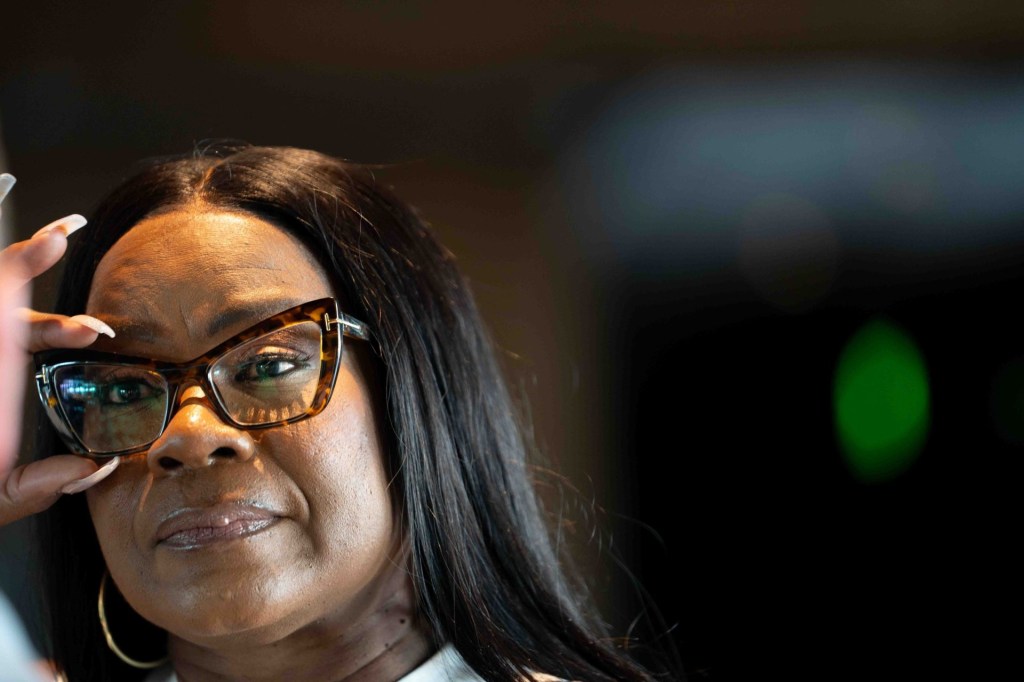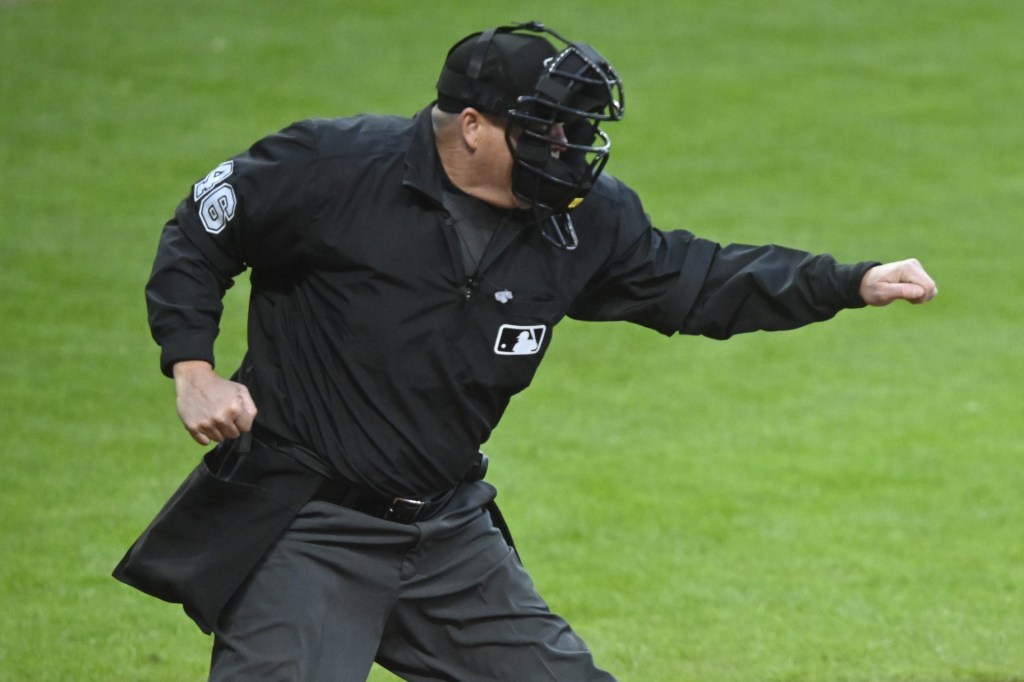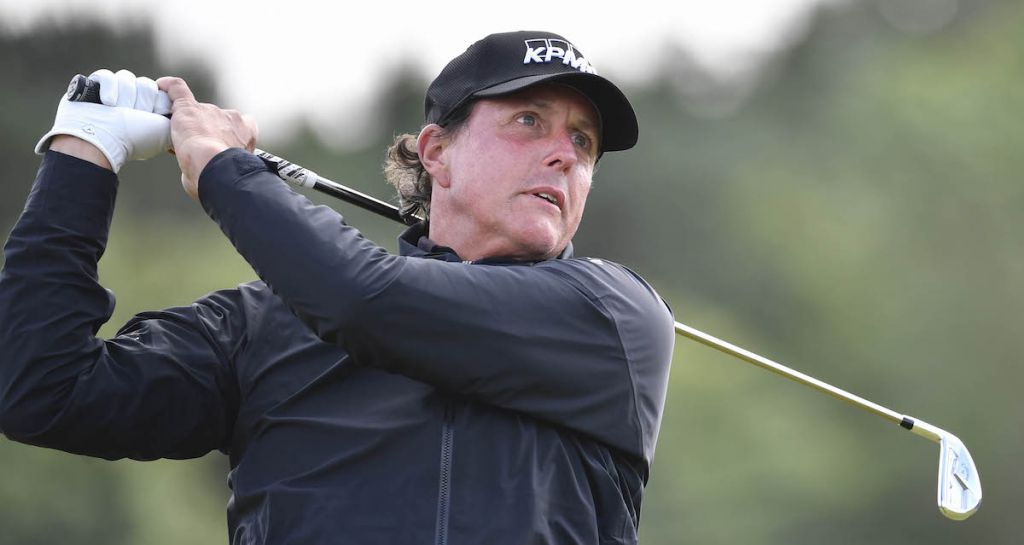
Heineken is turning to a familiar face as it attempts to bring the beer brand Amstel Light back to relevance.
The company has entered into a “true business partnership” with golfer Phil Mickelson as the brand refocuses on a brand that was lost in the shuffle.
Quinn Kilbury, Heineken USA head of partnerships and consumer experience, said Amstel Light was a victim of prioritization when Heineken Light launched in the U.S.
“Whether that was correct or incorrect, there is an opportunity to revive the brand,” Kilbury said. “We have a unique relationship with him, we’re both incentivized to grow the brand. He wanted a true partnership, we wanted a true partnership and that’s how it ended up working.”
Kilbury said he couldn’t go deep into how the incentives of the deal work and that details of how the partnership will roll out are still in the works.
“The short answer is if we’re growing Amstel Light, we all make more money,” he said. “In the end, that’s why we have a deal. We both have skin in the game, and if you know Phil, that’s his personality.”
Mickelson recently fell out of the top 50 golfers ranking for the first time since 1993, and while Kilbury said he believes he still has more competitive years ahead, his performance on the course isn’t what the partnership is about.
“That’s not what we were looking for,” he said. “It’s more about having a beer with friends and he’s a guy you want to have a beer with. That’s his presence and he just hit all those Ts.”
Kilbury said there’s a particular segment of the population – in their late 30s to early 50s – that will remember the days Amstel Light was “the good beer out of college,” and those are a prime demographic to hit with a fun-loving competitor like Mickelson.
According to Kilbury, Mickelson isn’t a big beer guy, but that’s OK because Amstel Light is his beer. It’s OK for Amstel too, because the golfer’s global status likely could have allowed him to enter a partnership with any beer brand he chose. Instead, he’s going with the 99-calorie beer made with no GMOs, and while Heineken can’t claim a beer to be a healthy product, Kilbury said it does fit with Mickelson’s holistic lifestyle.
“As far as beers go, it checks a lot of boxes,” he said. “That’s helpful. He likes the perception of the brand, the good feeling of it. We feel we can get it back to the monster brand it was before we took our eye off it and he wants to help get it there.”
Kilbury said the brand needs attention and knows it won’t get back selling 10 million cases in year one, but that this partnership with Mickelson will help put an added attention on the brand within Heineken’s network of distributors and customers.
As the two parties work to come up with activations around the partnership, Kilbury said the lack of a big budget will produce more authentic integrations, including Mickelson’s active social media presence.
“What we can produce next year and the ways we can bring the brand to life because he’s naturally enthusiastic and incentivized to do so will be great for us,” Kilbury said. “It’s going to be fun. We don’t have a big budget, so we need to make it fun.”
READ MORE: Heineken Brands Build U.S. Sports Strategy With Focused Increments
The Heineken portfolio doesn’t include many individual athlete partnerships but does include a Heineken endorsement deal with soccer player Carlos Vela and a Tecate endorsement with boxer Canelo Alvarez.
As he talked about those two deals, Kilbury reiterated the Mickelson deal is more than an endorsement deal.
“Those make sense for the brands at their lifecycle,” he said. “[Mickelson is] the only one that made sense with the consumer target given the business structure we wanted to make.”
